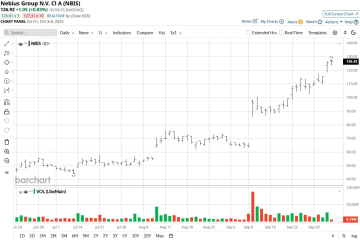Understanding Civic Holiday: Celebration and Significance

Introduction to Civic Holiday
The Civic Holiday, celebrated on the first Monday in August, holds significant importance for many Canadians. Recognized as a public holiday in various provinces, it provides an opportunity for families and communities to come together, honoring local culture and traditions. As one of the most popular summer holidays, it signifies a time for relaxation, reflection, and community engagement across the nation.
Historical Background
The Civic Holiday originated in the 19th century as a way to celebrate local achievements and promote civic responsibility. Initially known by different names in various regions, it was officially designated as Civic Holiday in 1974 in Ontario. However, several provinces have their own interpretations of this holiday, some celebrating it as Emancipation Day or British Columbia Day, reflecting the diversity of Canadian culture and history.
Various Celebrations Across Canada
Celebrations for Civic Holiday can vary widely depending on the province and local customs. In Ontario, public parks and community centers are often filled with festivities, including parades, fireworks, and outdoor concerts. In Alberta, many take the day as an opportunity for camping or outdoor activities, while in British Columbia, communities often host cultural events showcasing indigenous heritage and local arts.
In cities like Toronto, the Civic Holiday also encourages participation in various public events, such as the famous Toronto Caribbean Carnival, which draws in thousands of visitors celebrating Caribbean culture through music, dance, and vibrant costumes. Some communities also organize volunteer efforts to encourage civic engagement, reflecting the holiday’s roots in promoting community spirit.
The Significance of Civic Holiday
Civic Holiday stands as a reminder of the importance of community and collective identity. It encourages Canadians to reflect on their local heritage, appreciate cultural diversity, and engage in activities that foster community ties. Moreover, with the ongoing challenges presented by the pandemic, this holiday serves as a crucial time for social connection and revitalizing local communities.
Conclusion and Future Outlook
As Civic Holiday continues to evolve, its significance and celebratory nature will likely adapt to reflect the changing dynamics within Canadian society. With growing trends towards inclusivity and cultural representation, future celebrations may increasingly recognize and celebrate the diverse narratives that comprise Canadian identity. For Canadians, the Civic Holiday remains an essential moment to gather, celebrate local pride, and reaffirm community bonds, ensuring that the spirit of togetherness remains vibrant across the country.







